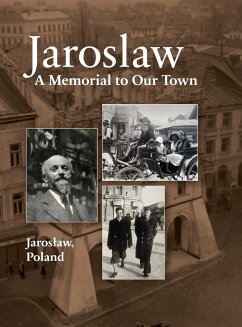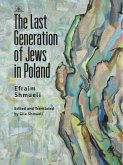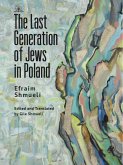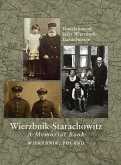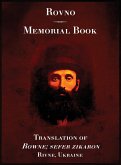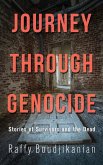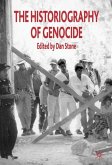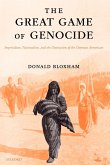Jaroslaw's development was founded on its great 16th and 17th century fairs, in which Jewish merchants played a prominent part. During its triennial fall fair, the town often hosted meetings of the Council of Four Lands-the central administrative body of the Polish Jewish community. By 1738, about 100 Jewish families lived in the town. By 1921, Jews numbered 6,577, about 33 percent of the population. The city was captured by the Germans on September 10, 1939. On September 28, they ordered the Jewish population to assemble in the Sokol sports field. Some 7,000 people were deported across the San River to Soviet-occupied territory. Jews had to hand over all items of value, and all their property was taken. On the Soviet side, it was difficult for them to find food, shelter, and work. In summer 1940, many were exiled to the Soviet interior. But several hundred of the exiles survived, while those in east Poland were killed by the Germans between 1941 and 1944. Generations of rabbis, Torah scholars, intellectuals, and Zionist leaders lived, wrote, and taught in Jaroslaw. May this book be a memorial to them and the community that no longer exists
Hinweis: Dieser Artikel kann nur an eine deutsche Lieferadresse ausgeliefert werden.
Hinweis: Dieser Artikel kann nur an eine deutsche Lieferadresse ausgeliefert werden.

